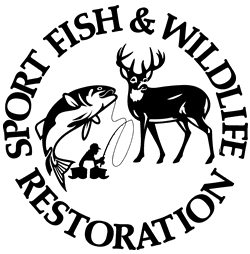The U.S. Fish and Wildlife Service supports the National Survey of Fishing, Hunting, and Wildlife-Associated Recreation Survey in a nationwide attempt to understand the sporting public. Conducted every 5 years, the National Survey identifies generalizations concerning patterns of outdoor enthusiast participation in the USA. Although useful for setting broad policy, the spatial and temporal scales of this National Survey limit the capacity for local fish and wildlife agencies to affect participation within their state. To overcome the limitations of the National Survey, many state agencies, including the Nebraska Game and Parks Commission, conduct surveys to individual license holders or to those participating in various hunter education programs. However, because of the extraordinary effort necessary to survey completely, State Surveys are often highly directed, limiting their applicability across user groups and state boundaries. Given the challenges of both National and State Surveys, there is a need to bridge the information gap and understand hunters and anglers, as well as hunter education participation, at spatial and temporal scales that may more directly assist in creating hunting and angling opportunities.
Working in conjunction with the Nebraska Game and Parks Commission and researchers from the School of Natural Resources and Nebraska Cooperative Fish and Wildlife Research Unit at the University of Nebraska—Lincoln, we are analyzing a comprehensive database on license holders and hunter education participants in Nebraska with the goal of helping inform and direct wildlife and fisheries management, as well as recruitment and retention efforts within Nebraska.
